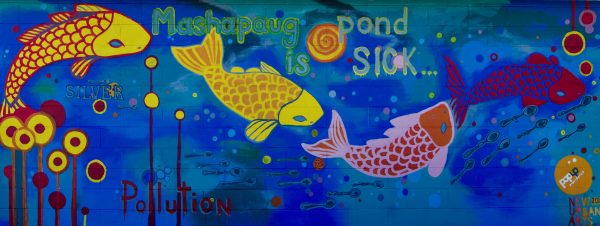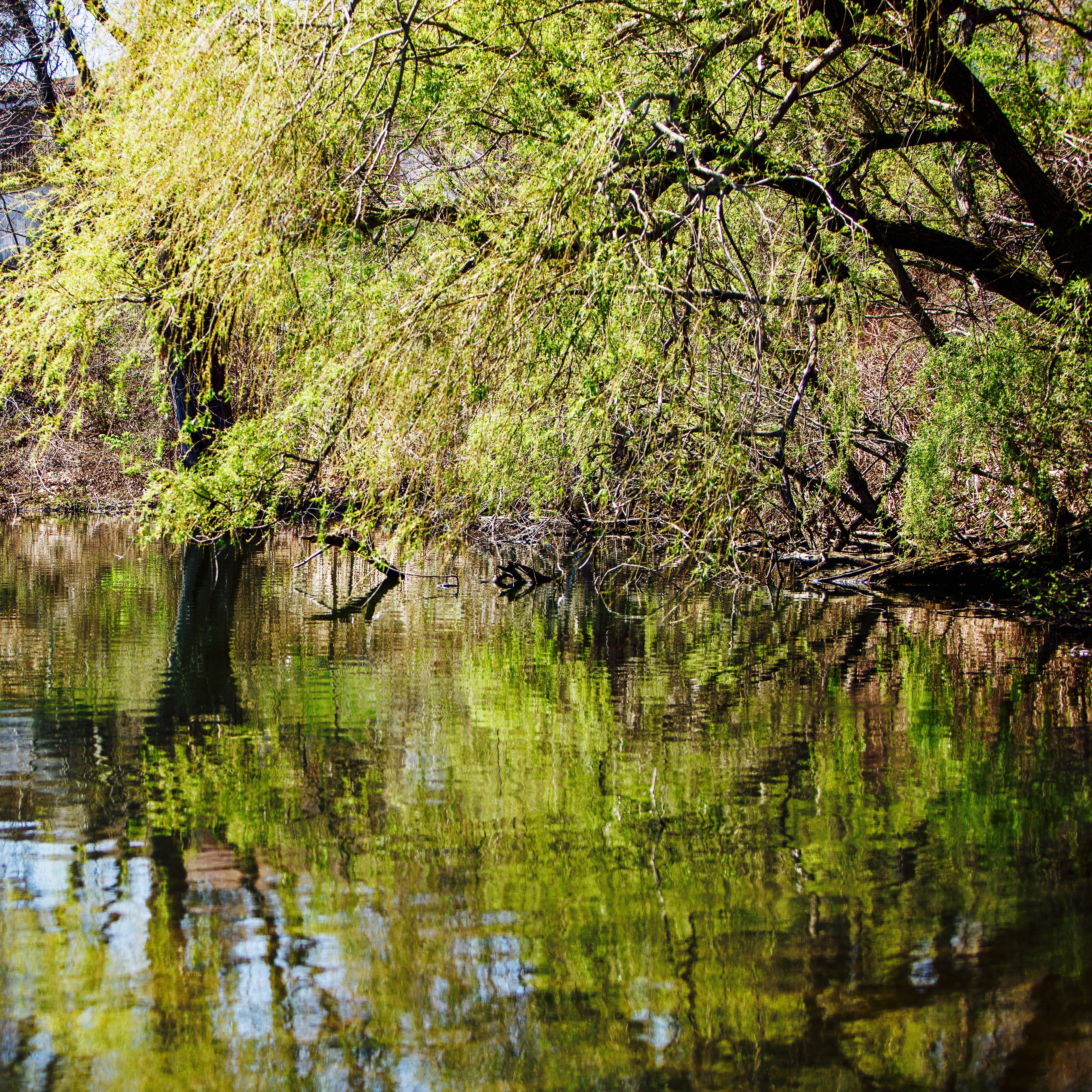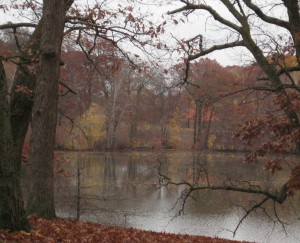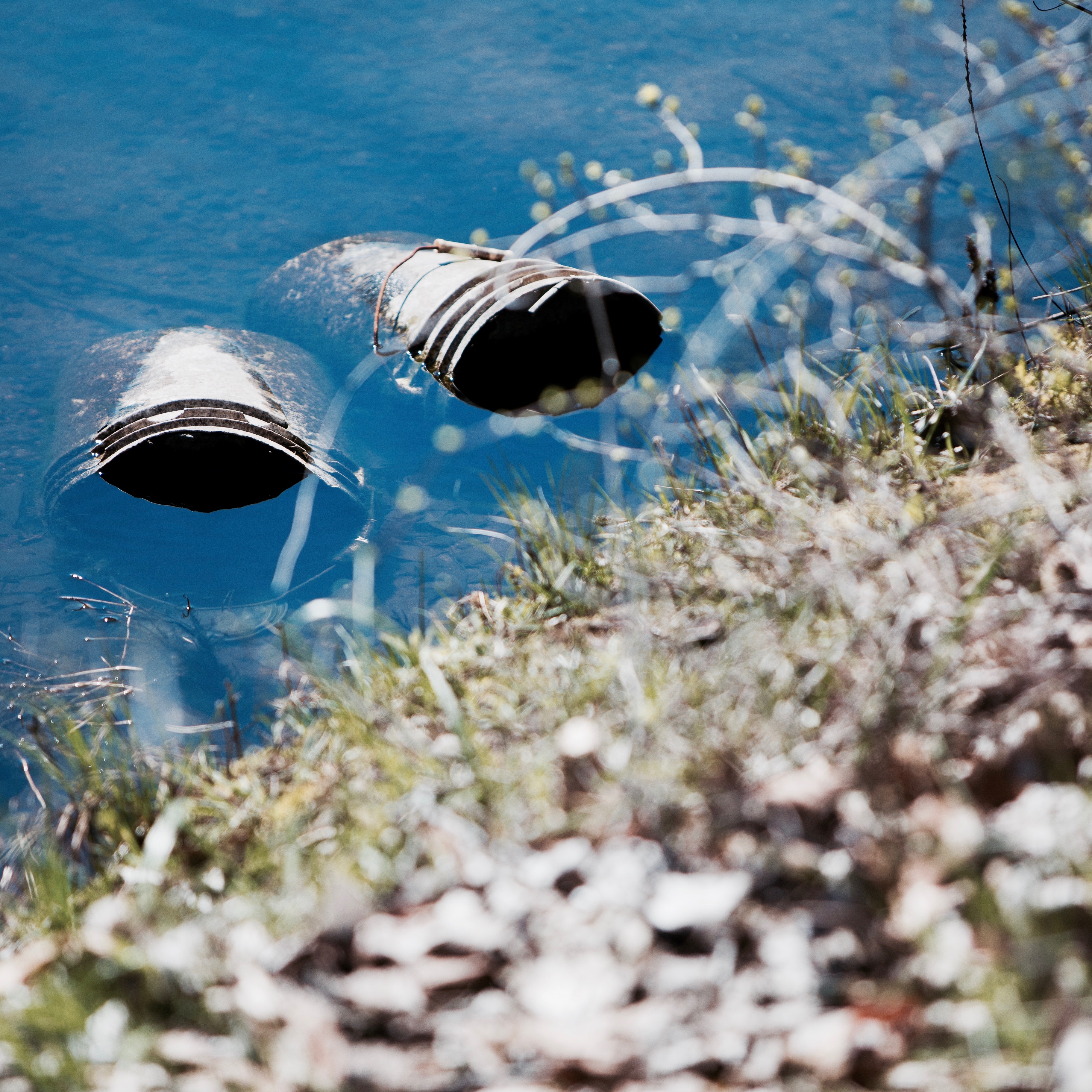
Conservation Law Foundation (CLF) argued Tuesday before the United States District Court for the District of Rhode Island concerning the failure of the U.S. Environmental Protection Agency (EPA) to adequately protect Rhode Island waterbodies from ongoing and devastating stormwater pollution. Despite determinations from EPA and Rhode Island’s Department of Environmental Management (DEM) that Mashapaug Pond, Bailey’s Brook, North Easton Pond, and other nearby waters are seriously harmed by runoff from surrounding commercial and industrial properties, EPA failed to require dischargers to obtain the necessary permits under the federal Clean Water Act.
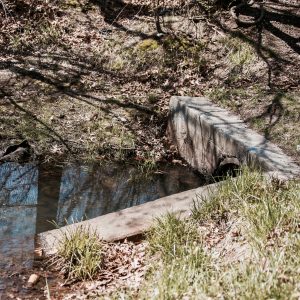
“One of the great sources of pride for Rhode Island – the Ocean State – ought to be our ponds, rivers and beautiful coastline, but decades of toxic runoff has imperiled our waters, closed our beaches and endangered important wildlife habitats,” said CLF attorney Max Greene. “There’s no question that nasty pollutants like nitrogen and phosphorus, the precursors to toxic algae blooms, are constantly flowing from industrial campuses and commercial shopping centers into nearby waterways, yet EPA has sat on its hands rather than take the legally-required steps to address this rampant contamination. Today, EPA was forced to answer for that neglect in federal court, and we’re optimistic that Rhode Island waters will soon be on the path to recovery.”
Today’s hearing comes on the heels of an announcement from Rhode Island DEM earlier this month that lower Narragansett Bay, lower Sakonnet River, and a portion of Rhode Island Sound are being closed due to toxic shellfish findings associated with harmful algae blooms.
For more information on CLF’s fight to protect Rhode Island from stormwater runoff, please see CLF’s white paper on the issue, “Closing the Clean Water Gap: Protecting our Waterways by Making All Polluters Pay.”
A copy of CLF’s filing can be read here, and photos of the endangered Mashapaug Pond can be seen here.
